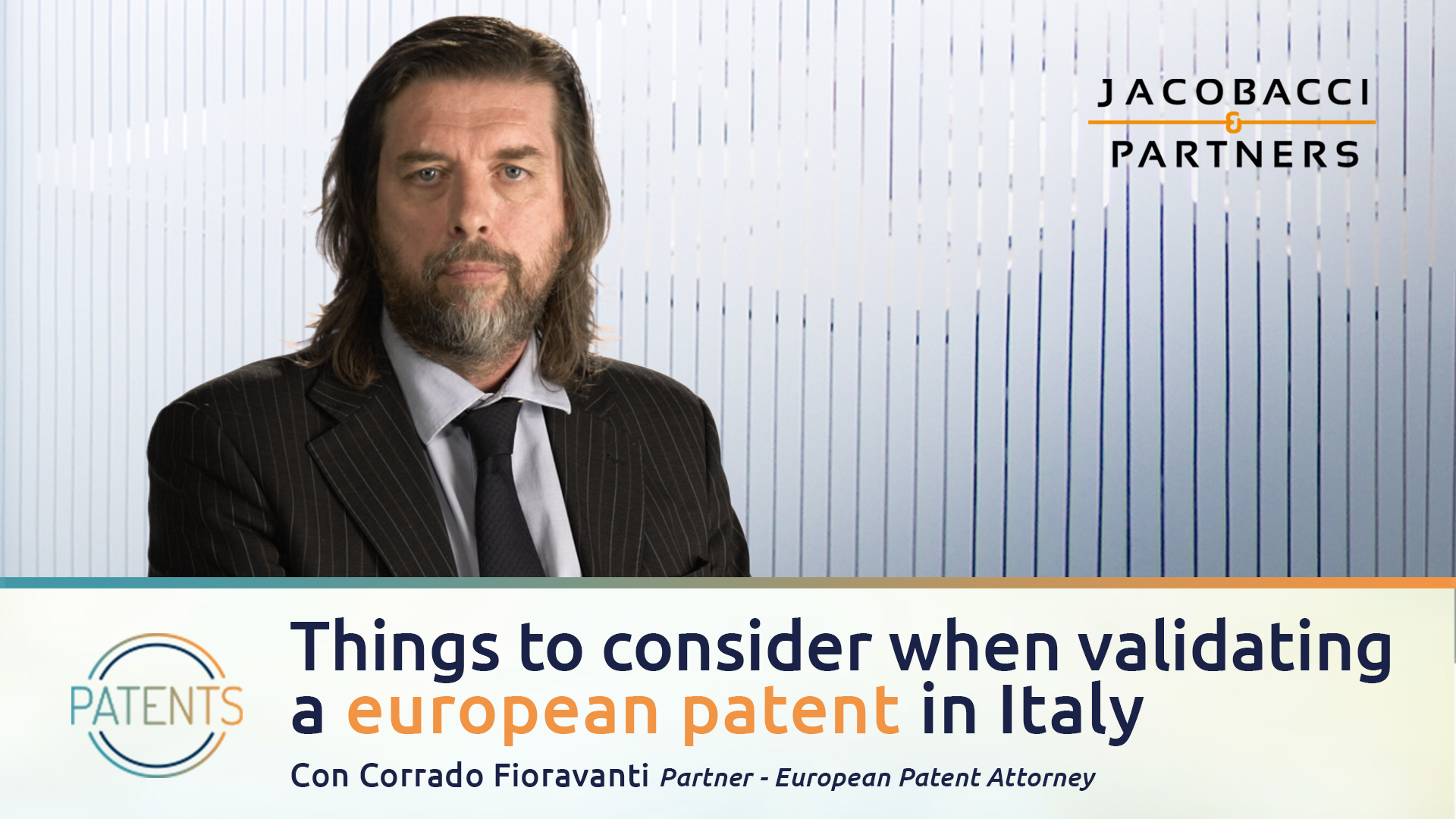The Court of Cassation (Italy's highest court) recently issued a decision concerning whether a scientific director who contributed to an invention but whose employment contract did not specifically address remuneration for such activities was entitled to the payment of a fair premium.
Legal Background
Article 64 of the Industrial Property Code concerns compensation for inventions by employees. In particular, Article 64(1) states that when an invention is made in performance or fulfillment of a contract or an employment relationship, wherein the inventive activity is contemplated by the contract or the relationship and the employee’s compensation derives from that activity, the rights deriving from such invention belong to the employer, without prejudice to the right of the inventor to be acknowledged as the author thereof.
Article 64(2) of the code goes on to state that if an invention was made in the performance or fulfilment of a contract or employment relationship, but no remuneration for the inventive activity was provided for, while the rights deriving from the invention vest in the employer, in the event that the employer obtains a patent the inventor, without prejudice to his or her right to be recognised as such, is entitled to obtain payment of a “fair premium”.
The amount of the fair premium must be quantified taking into account:
-
the importance of the invention;
-
the duties carried out;
-
the remuneration received by the inventor for his or her regular activities; and
-
any other contribution that the inventor has received from the employer’s organisation.
Italian case law regarding assessment of a fair premium closely follows the so-called 'German formula'. Under that formula, the calculation of a fair premium is based primarily on the value of the invention and is obtained as follows:
Fair premium = economic value x proportional factor
The economic value of the invention indicates the economic advantage gained by the employer from the opportunity to benefit from the patentable invention achieved by the employee. The proportional factor considers the respective contributions of the employee's innovation and the company's own efforts in achieving the invention.
In particular, the proportional factor depends, among other things, on the occupation, role, function, remuneration and responsibility of the employee. For example, the further the employee's occupation is from direct involvement in research activities, the higher the proportional factor and thus the higher the fair premium to which the employee is entitled.
Facts
In the case at hand the scientific director of an Italian pharmaceutical company sued his employer concerning his right to a fair premium for four inventions arising from the activities of a research team which he supervised. The employer patented the technology designating the scientific director and his research team as the inventors. The scientific director’s employment agreement with the company did not specifically provide compensation for inventive activities.
The employer contested the right of the scientific director to a fair premium, arguing that he had not carried out any of the research activity that led to the inventions and that he had been mentioned as an inventor only because he was involved in the patenting process as a representative of the company.
In Decision 5264/2010, the Court of Rome evaluated the contribution of the scientific director to the four inventions. The court confirmed his right to a fair premium, noting that in his role as scientific director he had received no monetary compensation under the employment relationship with the company as a result of the inventions.
The company appealed, arguing that the activity performed by the scientific director was to provide necessary means and equipment to the researchers. The company also stressed that the scientific director had already been remunerated in his position as technical director of the research project, and that his designation among the inventors was irrelevant.
The Court of Appeal, in Decision 2305/12, confirmed the Court of Rome's decision, giving significant weight to the fact that the scientific director was designated as one of the inventors at the time when the patent applications were filed by the company.
Court of Cassation decision
The Court of Cassation confirmed the Court of Rome's ruling, noting that as the scientific director of the company, the employee effectively managed a team of researchers and who was involved in continuous monitoring and discussion at regular meetings with the researchers. The company provided no counterarguments to demonstrate that the scientific director’s activities were less significant, and failed to demonstrate that the scientific director had a purely administrative or executive role within the research team. The Court of Cassation also agreed with the appeal court's ruling that the naming of the employee as one of the co-inventors was inconsistent with the employer's position that the employee had no substantive role as coordinator and scientific director of research.
Comment
Companies should carefully consider issues relating to the entitlement to a fair premium of employees who are not hired for the purpose of engaging in inventive activities, particularly when such activity is not remunerated in the employment agreement.
Even if a scientific director has a higher salary than a researcher, this does not alone demonstrate that his or her salary already includes compensation for inventive activities. The economic compensation for inventive activities should be directly and unequivocally specified in the employment contract.
Further, the designation of inventors made by the employer is considered to be strong evidence of the designated employees' contributions. This factor could be dispositive in potential litigation concerning entitlement to a fair premium.





